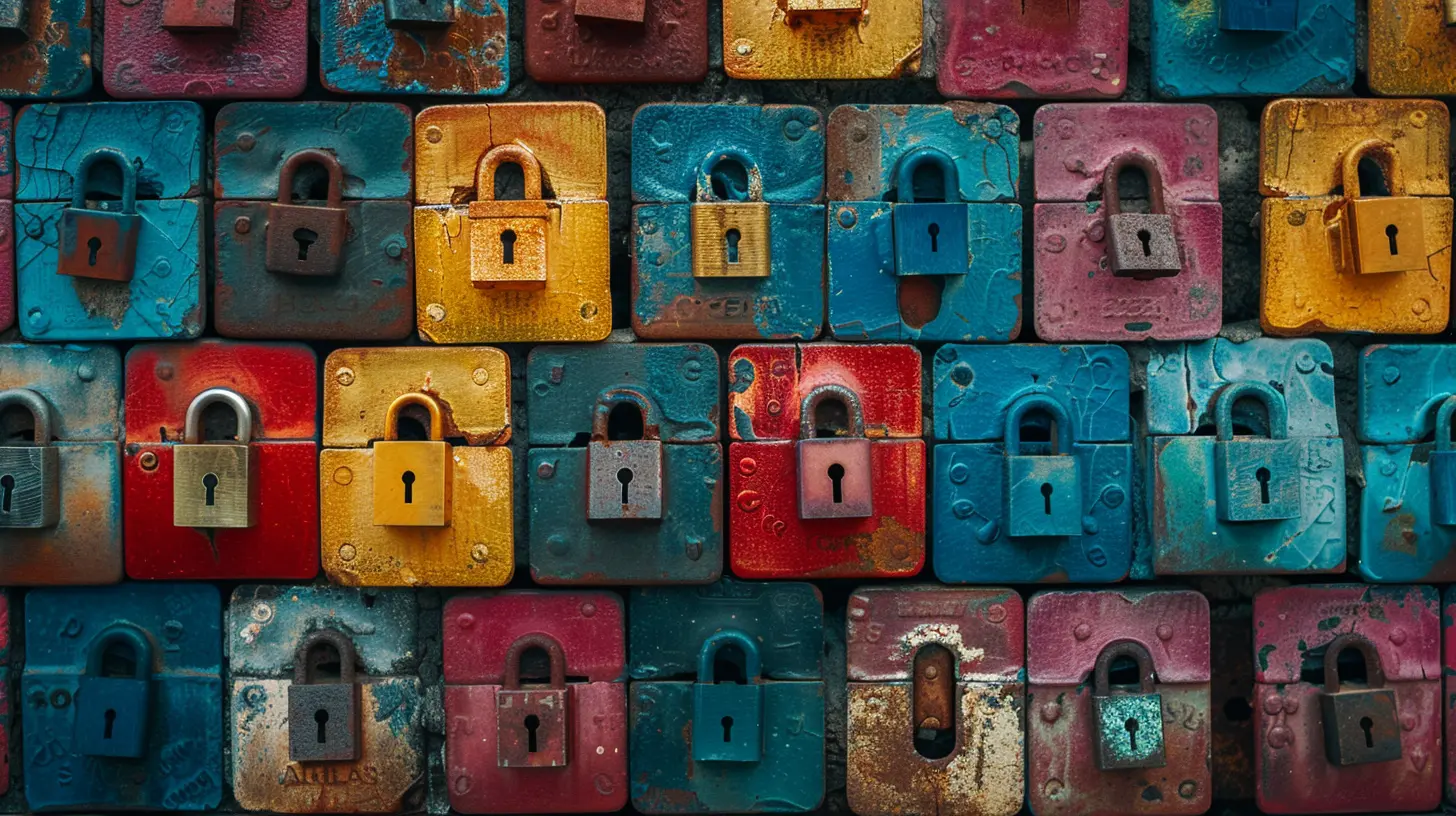The Importance of Regular Security Audits for Data Protection
14 June 2025
In today's digital world, data is one of the most valuable assets businesses and individuals possess. From personal information to financial records, everything is stored digitally. But with this convenience comes a massive risk—cyber threats. Hackers, malware, and even internal vulnerabilities can put sensitive data at risk. That’s where security audits step in as the ultimate safeguard.
But why are regular security audits so crucial? Let’s break it down in simple terms.

What Is a Security Audit?
A security audit is like a health check-up for your digital infrastructure. Just as you’d visit a doctor for regular check-ups to catch health issues early, a security audit helps detect weaknesses in your data protection systems before cybercriminals can exploit them.It involves assessing your company’s IT infrastructure, identifying vulnerabilities, and ensuring compliance with security policies and regulations. Simply put, it's an essential process to keep your business safe from cyber threats and data breaches.

Why Are Regular Security Audits Essential?
You might be wondering, "If I have antivirus software and firewalls, isn’t that enough?" Well, not quite. Cyber threats evolve faster than ever, and hackers constantly find new ways to break into systems. Regular security audits help you stay one step ahead.Let’s go deeper into some major reasons why periodic security audits are a must for data protection.
1. Identifying Security Vulnerabilities
No system is 100% secure. Businesses implement security measures, but new vulnerabilities can appear over time. Regular audits can:- Spot outdated software that hackers can exploit.
- Detect weak passwords or improper access control settings.
- Identify misconfigurations in systems and networks.
Without security audits, these weaknesses could go unnoticed until a cyberattack happens. And by then, it might be too late to prevent damage.
2. Preventing Costly Data Breaches
Data breaches cost companies millions of dollars annually. From legal penalties to reputational damage, a single security breach can cripple a business. Security audits help mitigate these risks by proactively addressing potential threats before they turn into major incidents.Think of it like fixing a leak in your house before it floods. Addressing small security gaps through audits prevents disasters that could cost your business dearly.
3. Ensuring Compliance With Security Regulations
Governments and industry bodies have strict data protection laws, such as GDPR, HIPAA, and CCPA. Failing to comply with security regulations can result in hefty fines and legal trouble.Regular security audits help businesses:
- Stay updated on regulatory requirements.
- Ensure proper implementation of security measures.
- Avoid penalties resulting from non-compliance.
Neglecting compliance is like driving without a seatbelt—it might not seem like a big deal until something goes wrong.
4. Strengthening Customer Trust
Customers entrust businesses with their personal data. If that trust is broken due to data leaks, companies lose credibility. A strong security posture reassures clients that their information is safe.Regular security audits demonstrate a commitment to data protection, building trust and loyalty among customers. And in the digital age, customer trust is priceless.
5. Detecting Internal Threats
Not all security threats come from hackers outside your organization. Internal threats, whether from disgruntled employees, accidental errors, or weak internal policies, pose significant risks.Security audits help:
- Identify excessive permissions that employees shouldn't have.
- Prevent insider threats by monitoring access to sensitive data.
- Create a secure company culture with better training and policies.
An unchecked employee with unnecessary access can do as much damage as a hacker trying to break in from the outside.
6. Enhancing Incident Response Readiness
Even with top-notch security measures, cyberattacks can still happen. The real test is how quickly your business can detect, respond to, and recover from an attack.Regular audits:
- Help refine incident response plans.
- Reveal gaps in your disaster recovery strategy.
- Ensure security teams can act swiftly when an attack occurs.
Imagine a fire drill—practicing fire safety measures can make a huge difference in an actual emergency. Similarly, security audits prepare your team for real-world scenarios.

How Often Should You Perform Security Audits?
Now that we know why security audits are essential, the next question is—how often should you conduct them?The frequency of security audits depends on factors such as:
- Industry regulations (some businesses must audit annually).
- The size and complexity of your IT infrastructure.
- Previous security incidents or policy changes.
But as a general rule:
- Quarterly audits are ideal for rapidly evolving businesses.
- Annual audits are the minimum for keeping up with regulations.
- Continuous monitoring is recommended for high-security industries like finance or healthcare.
The more frequently you perform audits, the better you can prevent security risks.

Steps Involved in a Security Audit
A security audit isn’t just about running an antivirus scan—it’s a comprehensive process. Here’s how it usually works:1. Define the Scope of the Audit
Determine what systems, applications, and data need auditing. Are you focusing on network security, cloud platforms, or overall data protection?2. Review Security Policies & Compliance
Compare existing security policies with industry standards and compliance regulations. Are you meeting all the necessary requirements?3. Assess Vulnerabilities & Risks
Use vulnerability scanning tools and penetration testing to detect possible security gaps. Would a hacker easily break into your system?4. Test Access Controls
Ensure only authorized personnel have access to sensitive data. Are employees following proper data access protocols?5. Examine Incident Response Measures
Test your company's incident response plan. If an attack occurs, how fast can your team react and neutralize the threat?6. Generate an Audit Report & Take Action
Summarize findings, highlight weaknesses, and take immediate action to fix security flaws. What are the next steps to strengthen protection?By following these steps, security audits become a valuable tool in protecting your data and business.
Conclusion
Cyber threats aren’t going away anytime soon. If anything, they’re becoming more sophisticated each day. That’s why security audits should be a routine practice rather than an afterthought.Regular audits don’t just protect your data—they safeguard your business reputation, customer trust, and bottom line. Think of them as an investment in digital security that pays off in the long run.
So, when was the last time your business had a security audit? If it’s been a while (or never), now’s the time to take action. Because, in the end, prevention is always better than a cure.
all images in this post were generated using AI tools
Category:
Data SecurityAuthor:

Reese McQuillan
Discussion
rate this article
2 comments
Delilah Bell
Great insights! Regular audits are vital for data safety!
June 21, 2025 at 3:55 AM

Reese McQuillan
Thank you! I'm glad you found the insights valuable. Regular audits are indeed crucial for maintaining robust data security.
Ingrid McDonough
Great insights! Regular security audits are essential for robust data protection. Keep up the good work!
June 19, 2025 at 2:46 AM

Reese McQuillan
Thank you! I appreciate your feedback and completely agree on the importance of regular security audits.


